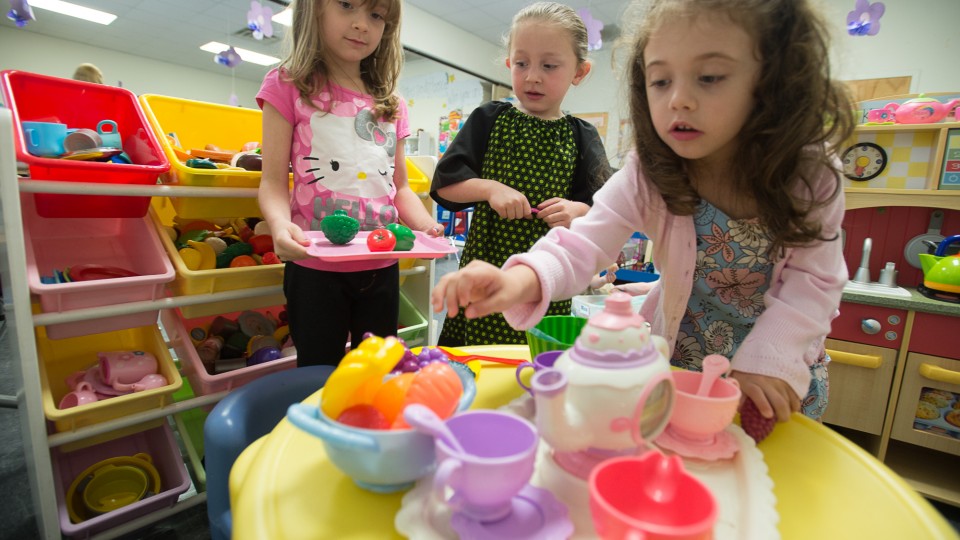A look at the state budget for early learning
- February 18, 2016
- / Shannon Nickinson
- / education

What’s Tallahassee going to do for our young children?
In November, Gov Rick Scott rolled out a budget proposal that included more funding for School Readiness and the Voluntary Prekindergarten (VPK) Program in Florida. Both work to give young children the important education opportunities they need to be ready for kindergarten when they turn 5.
This week, the Florida House and Senate offered up their versions of a budget. The Senate's is linked here. The House version is linked here.
The state funding for early learning goes into three main pots:
— School Readiness, which pays for subsidized childcare for children ages 0 to 13 as long as the parent works at least 20 hours a week and makes less than 150 percent of the federal poverty guidelines. For example, a family of four with an income of $36,375 is eligible for the program.
Last year, Escambia County got $13.6 million for School Readiness. There are just under 3,000 children in Escambia County in the School Readiness program.
In House’s version of the budget, Escambia County would get $13,676,257 for School Readiness. In the Senate’s budget, it is $13,549,276.
— Voluntary Prekindergarten, the state program that offers childcare providers funding to pay for a half-day of preschool for all Florida 4-year-olds — about $2,437 per child this school year. Escambia County’s share of that for the current school year is $5.4 million.
This school year, 2,080 4-year-olds are enrolled in VPK in Escambia County.
The state budget for VPK in Escambia County would decrease in 2016-2017 — the House offers Escambia $5,106,641 and the Senate offers $5,030,291.
— Early learning performance funding, a voluntary, three-year pilot program that gives providers that invest in staff development and other areas a 20 percent higher reimbursement from the state.
Bruce Watson, executive director of the Escambia County Early Learning Coalition, said that no Escambia providers are participating in the pilot program.
Early learning coalitions act as the financial gatekeeper for these programs, accepting money from state and local governments and agencies such as United Way, and passing it through to providers.
“The Performance Funding Pilot is just that — a pilot program to see if providing providers with increased resources, funding and training will measurably improve their quality,” Watson said. “There are limited quotas throughout the state to get into the program, so even if our providers locally had applied there is guarantee they would have been selected.”
The program requires providers to participate training, classroom observations, pre and post assessments, as well spend the money allocated on quality improvements, Watson said.
“The program can be time-intensive and does not result in much profit, if any.”
 CivicCon launches with a look at good growth in cities
CivicCon launches with a look at good growth in cities
 Building stronger brains one baby, one parent at a time
Building stronger brains one baby, one parent at a time
 SCI debuts commercial on Early Learning City
SCI debuts commercial on Early Learning City
 Entrecon: World class speakers and an opportunity to sharpen skills
Entrecon: World class speakers and an opportunity to sharpen skills
 PYP Quality of Life survey 2017
PYP Quality of Life survey 2017
 EntreCon Pensacola 2016: A look back
EntreCon Pensacola 2016: A look back
 Leadership tip: getting better employee takeaways
Leadership tip: getting better employee takeaways
 Leadership tip: be interested instead of interesting
Leadership tip: be interested instead of interesting
 Leadership tip: delivering difficult messages
Leadership tip: delivering difficult messages
 Brain Bags boost Arc, Early Childhood Court programs
Brain Bags boost Arc, Early Childhood Court programs